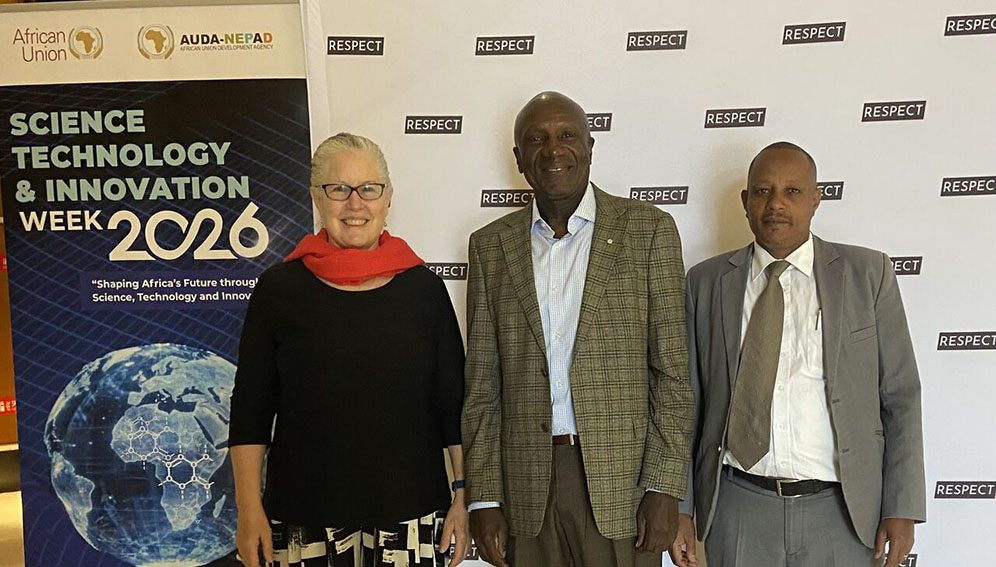SGCI News
[GABORONE] Complicated intellectual property (IP) procedures are slowing down innovation in Africa, according to researchers, who say “innovation agencies” must help simplify processes and link researchers to markets. Despite hosting…
- Complex intellectual property processes leave ground breaking ideas unprotected.
- Innovation agencies can secure patents to enhance innovation in Africa.
- Regional collaboration is key to commercialising impactful research.
[GABORONE] Complicated intellectual property (IP) procedures are slowing down innovation in Africa, according to researchers, who say “innovation agencies” must help simplify processes and link researchers to markets.
Despite hosting talented innovators and researchers, Africa contributes less than 0.5 per cent of global patent filings annually.
Weak IP frameworks and limited coordination between African countries leave many ground-breaking ideas unprotected or undervalued.
Innovation agencies, the researchers say, have the potential to navigate complex IP issues and connect innovators, governments, and businesses to drive progress.
However, there is often a “mismatch” between the sophistication or maturity of innovation systems and the types of innovation agencies found in African countries, according to a study presented at the Science Granting Councils Initiative (SGCI) forum on 11 November, in Gaborone, Botswana.
“This mismatch can stem from various systemic issues, including unclear technological or industry focuses, capacity constraints, and limitations on the demand side,” the study explains.
Erika Kraemer-Mbula, co-author of the study which explores the role of innovation agencies in enhancing IP management to drive commercialisation, says current intellectual property processes can be challenging.
“Clear goals and prioritisation are essential for researchers and innovators to navigate the often complex intellectual property landscape,” Mbula said.
The study, funded by the SGCI, analyses innovation agencies in 22 African countries and shows the varied roles such agencies play. It aims to provides a framework for policymakers and innovation agencies to harness IP as a driver of economic growth.
“The study … examines the roles and functions of innovation agencies in connection with the specific needs and maturity of the innovation system in which they operate,” Kraemer-Mbula explains.
She says innovation agencies must tailor their support to local needs, whether it’s providing IP training, facilitating patent applications, or connecting inventors with funding opportunities.
Aligning Africa’s research ecosystems with IP best practices could unlock economic growth and foster homegrown solutions to challenges affecting the continent, according to the researchers.
Caroline Ncube, professor of commercial law at the University of Cape Town and co-author of the study, says there is a need to demystify intellectual property processes for researchers and business actors.

She says a unified IP framework will promote regional trade, improve collaboration and harmonise IP laws across Africa.
“There are opportunities and challenges in navigating Africa’s diverse and non-integrated IP sector,” says Ncube.
“Innovation agencies can facilitate collaboration among researchers, innovators, industry, and government, promoting a cohesive approach to IP management,” Ncube adds.
However, Yaya Sangare, secretary general of Côte d’Ivoire’s Science, Technology, and Innovation Fund, says the fragmented research and innovation ministries across Africa could complicate coordination efforts.
“Diversity of research and innovation ministries across Africa could create challenges for collaboration,” he says.
Sangare suggests that innovation agencies act as bridges, ensuring that interconnected responsibilities are streamlined to manage IP issues.
Partson Chikudza, executive director of the Research Council of Zimbabwe, stresses the importance of regional integration to foster innovation. “We need to trust ourselves in sharing ideas and have the ability to work together and develop innovative solutions that meet local and regional needs”, says Chikudza.
This article was written by: Jackie Opara and published on 29 November 2024
Related News
Building Africa’s science future: inside the SGCI alliance
As Phase 3 of the Science Granting Councils Initiative launches on the margins of the African Union Summit in Addis Ababa last week, the SGCI Alliance Chair explains why this moment marks a decisive turning point for African science. Cephas Adjei Mensah describes what is…
Open call: Support for science granting councils in Sub-Saharan Africa
The International Development Research Centre (IDRC), through the Science Granting Councils Initiative (SGCI), has launched a call for proposals to support science granting councils in Sub-Saharan Africa in the establishment and operationalisation of the Capacity Strengthening Hub under Phase III of the SGCI-3. The Hub…
SGCI phase 3: USD 42M boost for Africa’s STI agenda
It was an exhilarating moment as the Science Granting Councils Initiative (SGCI) Phase 3 funding announcement was officially made yesterday during the Science, Technology, and Innovation (STI) Week 2026, held in Addis Ababa, Ethiopia. The STI Week, organised by AUDA-NEPAD and the African Union and…
SGCI funded projects
Rwanda’s integrated approach to sustainable agriculture and nutrition
Project Titles & Institution Areas of Research Number of Projects being funded Project Duration Grant Amount In-Kind Distribution Council Collaboration with other councils





